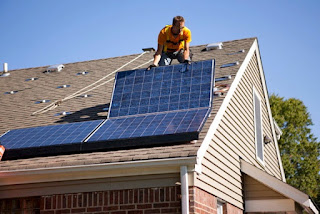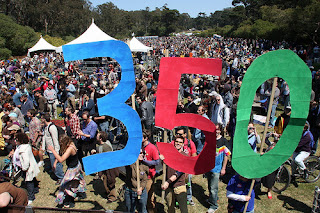Sensible Solar Promoter
It is amazing how some solar promoters out there talk about this technology as of the Second Coming.
There is too much hype surrounding solar panels / wind turbines. Here a former solar energy promoter (myself) will present a balanced view of this technology without exaggerations and even dishonesty.
- Solar is ideally suited for remote off-grid installations. However, these applications tend to be low energy ones not suitable for running air conditioners or even microwave ovens. So, if you have a cottage in the middle of nowhere with little chance of soon connecting to the grid, solar is a good option whether by itself or combined with a gasoline generator. Use solar for the basics such as lightning and operating your electronic devices.
- In space, in the inner solar system solar is best. Even though the Juno mission (to Jupiter) uses solar panels to power the spacecraft this is already stretching things too much. In Earth orbit, nothing beats solar and that is the reason this technology has essentially cornered the market there.
- Grid connected solar is another animal altogether. It is hard to find an environmental reason for doing it. Economically, there are subsidies and incentives and thus some persons do benefit from solar but it is usually at the expense of other customers on the grid. Solar cannot stand by itself so (to provide reliable electricity) it needs to be paired with reliable power plants. The ideal pairing power plant for solar is natural gas. Since the U.S. has ample natural gas generating capacity it is one of the countries that will end up managing efficiently relatively high penetrations of solar / wind. However, from the point of view of grid stability / cost, the ideal penetration of renewables is zero. 5 to 10% penetration from renewables can probably be managed without serious harm, but going much higher than these numbers can wreak havoc in a grid starting by increasing the cost of retail electricity and eventually starving the grid of badly needed maintenance funds. The latter could eventually cause an electricity supply crisis.
- With respect to reducing CO2 emissions, solar is not as good as it seems. If paired with a natural gas power plant, on an annual basis solar (say) will provide 20% of the energy while the gas plant will provide 80%. So, in theory we would be reducing 20% of the fuel consumption. However, in practice it is less than that since the gas plant has to idle, ramp up, ramp down, shut down, restart, etc. Worse, if investing in solar precludes investing in, say, nuclear power then solar actually increases CO2 emissions. Just look at Germany where the carbon intensity of its electricity is stuck long term at around 500 grams per kWh.
- Finally, we have to stop labeling solar as "clean energy." Yes, the shinny panels on your roof look clean but the mining, manufacturing, transportation, installation and disposal activities are not clean and could even be argued are very dirty per TWh generated as compared to other options. Also, vast tracts of vegetation have to be cleared when installing solar farms. Oh, and "storage" is just like fusion energy: it will come some time in the future but it never arrives (yes, there are some token installations around the world but to the nearest percent they are storing 0% of our current energy needs).
Bottom line: solar has niche applications where it is the best technology we have but trying to force it where it doesn't fully make economic / environmental sense is a mistake.
Feel free to add to the conversation in Twitter: @luisbaram
Thank you.




Comments